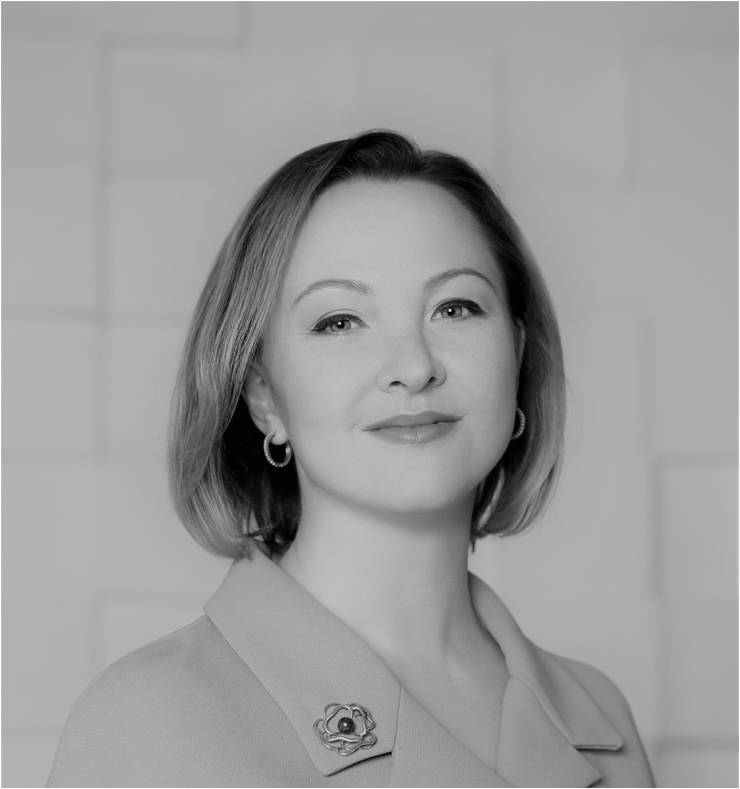
Practical information
This event is dedicated to the public and corporate supports of Ifri's Russia/NIS Center. By personal invitation only.
A closed-doors seminar with Tatiana Mitrova, Director of the Skolkovo Energy Center, Head of research division at the Energy Research Institute of the Russian Academy of Sciences, Associate Research Fellow at Russia/NIS Center.

The high prices of oil and gas during the 2000s allowed for a return to economic growth in Russia, the stabilisation of the political regime and the funding of the Kremlin's power politics. Over the past several years, the energy landscape has been deeply transformed: lower prices, diversification of European energy supplies, competition with LNG on the European market, boom of renewable energies, on a background of tensions with the West (sanctions). Russia thus has many challenges to face in order to adapt to this new environment and to preserve its market shares while guaranteeing the financing of the state budget and the beneficiaries of the rent.
Chair : Tatiana KASTUEVA-JEAN, Head of Ifri’s Russia/NIS Center
Discussant : Marc-Antoine EYL-MAZZEGA, Head of Ifri’s Energy Center
This seminar will be held in English under the Rule of Chatham House.
This event will be held within the framework of the “Russia, Caucasus and Easter Europe Observatory” with the support of DGRIS (Directorate General for International Relations and Strategy), French Ministry of the Armed Forces.






